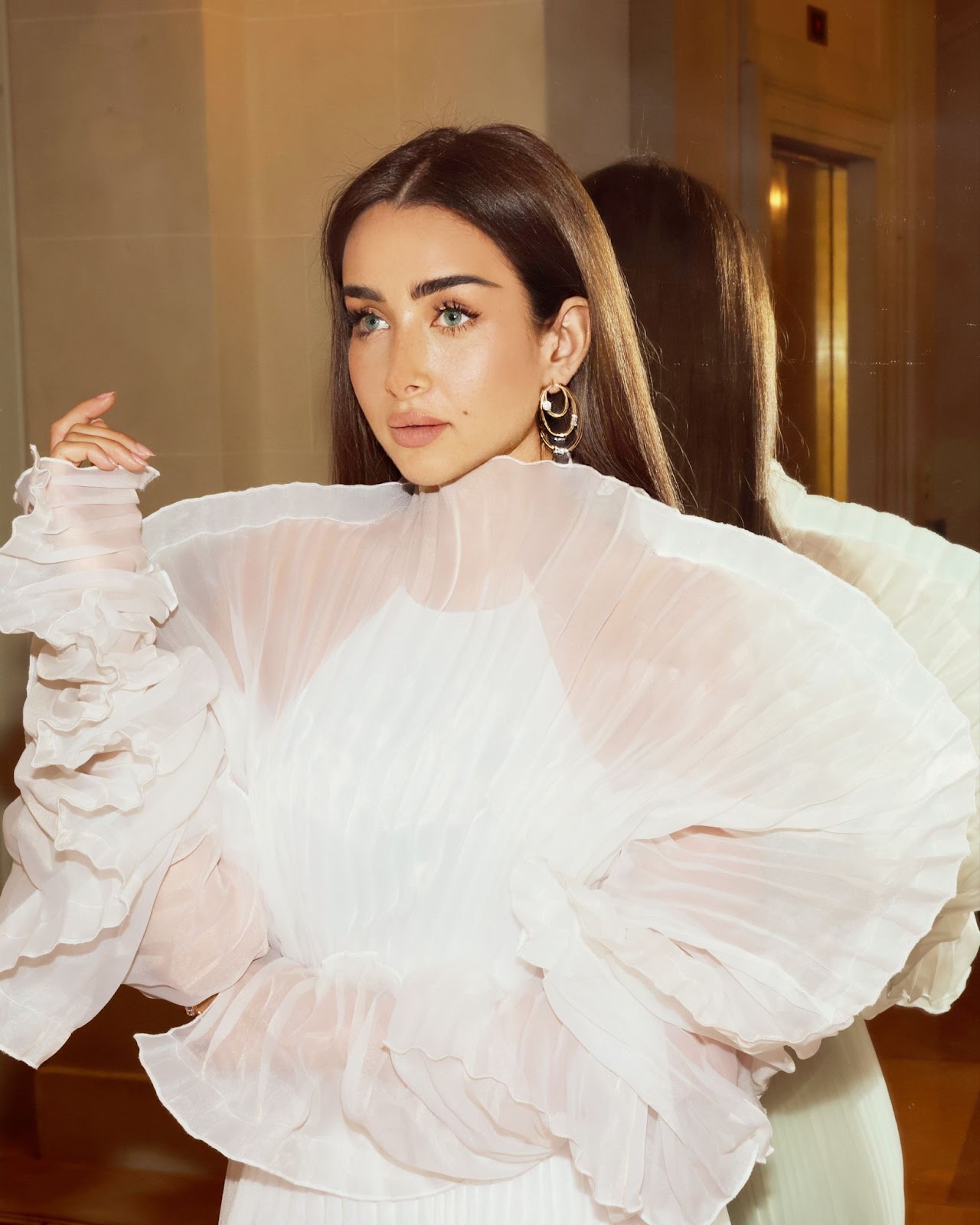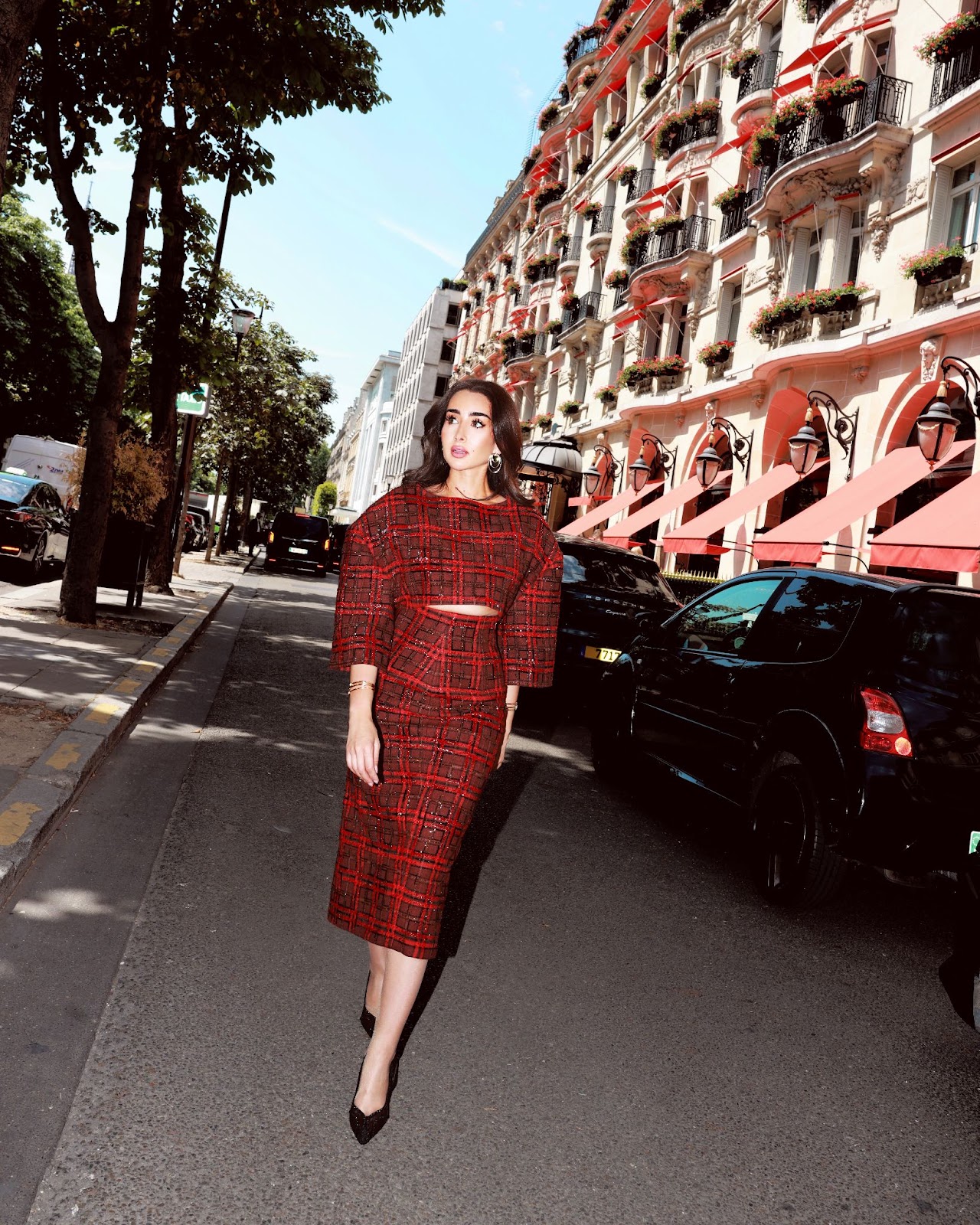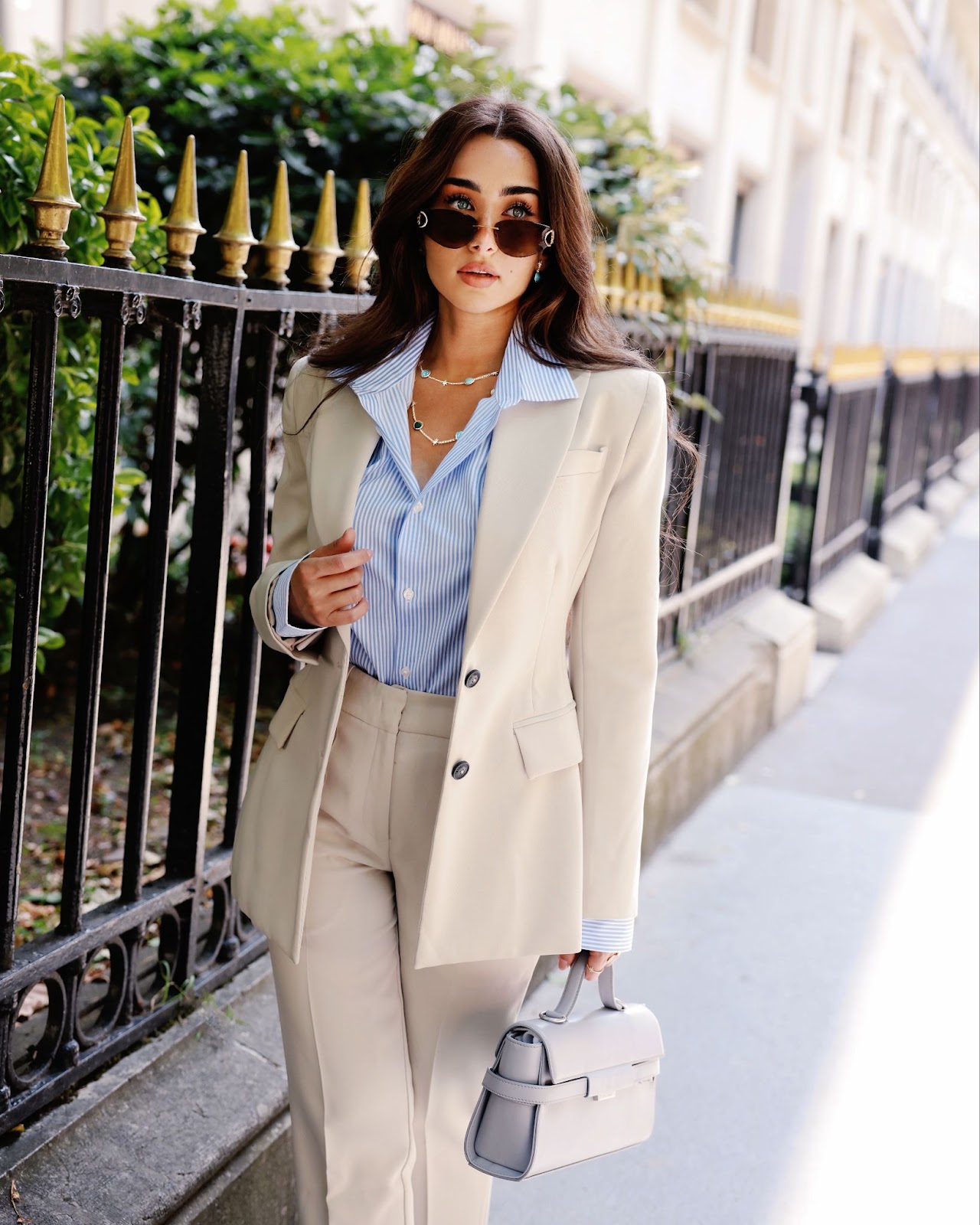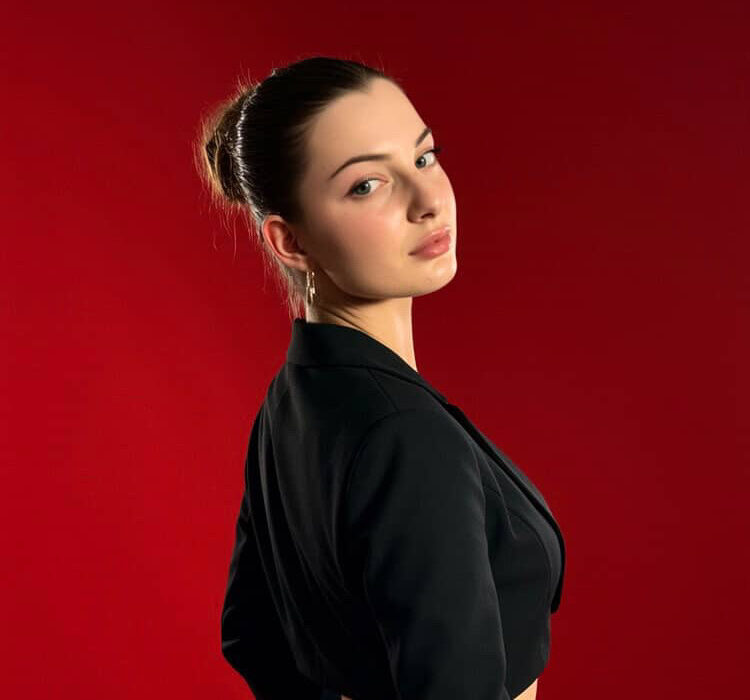As American audiences grow more attuned to voices outside the Hollywood orbit, the search isn’t just for new faces, it’s for new ways of telling stories. This moment in global entertainment is less about loud arrivals and more about the slow-build: the artists whose presence deepens with every project, whose influence doesn’t demand attention but earns it through craft, consistency, and something increasingly rare, subtlety.
From Cairo’s evolving film scene comes an actress whose career has not followed the expected arc. Hannah El Zahed’s rise isn’t marked by rapid acceleration or media spectacle. It’s defined by a careful selection of roles, a refusal to be boxed in, and a growing body of work that’s earned her critical recognition at home and curiosity abroad. In an industry often driven by reinvention, she offers something else: intention.Her early films gave viewers a glimpse of her natural screen presence, but it was the choices that followed that revealed something deeper. In Al-Khawaga’s Dilemma, she tackled themes of class and identity through comedy, a genre often underestimated for its ability to carry weight. In Love Story, she delivered emotional sincerity that didn’t lean into cliché. And when she starred in the sci-fi comedy The Washing Machine, she embraced risk in a genre few Egyptian actresses had touched before.

These aren’t projects designed for international breakout. They’re rooted in local stories, in cultural nuance. But it’s precisely that groundedness that makes her work compelling—particularly for a U.S. audience increasingly drawn to cinema that feels specific, lived-in, and honest.

Hannah’s recent performance in Fasel Men El Lahazat El Lazeeza only sharpened that impression. As Doria, she brought vulnerability, precision, and a quiet kind of strength to a role that could have easily leaned into caricature. Instead, she offered dimension. It’s the kind of performance that speaks without spectacle—and lingers.

But acting is only part of what makes Hannah a figure worth watching. Offscreen, her fluency in fashion feels less about trends and more about authorship. Whether she’s fronting a Paris editorial in sculptural silhouettes or championing young Arab designers on red carpets, there’s a throughline: clarity, coherence, and control. In her words, “Style is part of storytelling… it’s not about trends, it’s about intention.”

That same philosophy threads through her next chapter. With upcoming projects like Restart, Project X, and El Shater, Hannah is beginning to shape narratives, not just perform in them. It’s a creative shift—toward production, toward authorship—that many U.S. actors have taken in later stages of their careers. For her, it feels like a natural progression.

There’s something compelling about an artist who builds quietly, with focus, in a media culture often dominated by noise. Hannah doesn’t posture or overexplain. She lets the work speak. And for those paying attention, it’s starting to say something powerful—about where global storytelling is headed, and who gets to define it.
As not only the American viewers but, the global audience in general, seek out films that challenge borders, genres, and expectations, Hannah El Zahed stands ready—not as a crossover trying to fit in, but as a presence making space on her own terms.










